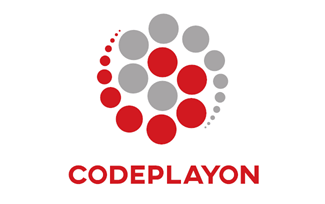How to build Bubble level app swiftui
hello developer in this iOS tutorial i am share how to build a bubble level app with swiftui. bubble level App work base on the mobile rotation and mobile till up down and the show the level on the potion base on mobile rotation and tillt angle.
So let’s start to make your ios bubble level check App. start your XCode and make a new swift class with the name of bubble level.and follow below code.
Bubble level app swiftui iphone.
here we are create firstly a horizontal line and vertical line in the centre of the screen and the create two circles in the centre of the screen. And base on the device rotation we show the level.
import Foundation import SwiftUI struct BubbleLevel: View { @EnvironmentObject var detector: MotionDetector let range = Double.pi let levelSize: CGFloat = 300 var bubbleXPosition: CGFloat { let zeroBasedRoll = detector.roll + range / 2 let rollAsFraction = zeroBasedRoll / range return rollAsFraction * levelSize } var bubbleYPosition: CGFloat { let zeroBasedPitch = detector.pitch + range / 2 let pitchAsFraction = zeroBasedPitch / range return pitchAsFraction * levelSize } var verticalLine: some View { Rectangle() .frame(width: 0.5, height: 40) } var horizontalLine: some View { Rectangle() .frame(width: 40, height: 0.5) } var body: some View { Circle() .foregroundStyle(Color.secondary.opacity(0.25)) .frame(width: levelSize, height: levelSize) .overlay( ZStack { Circle() .foregroundColor(.accentColor) .frame(width: 50, height: 50) .position(x: bubbleXPosition, y: bubbleYPosition) Circle() .stroke(lineWidth: 0.5) .frame(width: 20, height: 20) verticalLine horizontalLine verticalLine .position(x: levelSize / 2, y: 0) verticalLine .position(x: levelSize / 2, y: levelSize) horizontalLine .position(x: 0, y: levelSize / 2) horizontalLine .position(x: levelSize, y: levelSize / 2) } ) } } struct BubbleLevel_Previews: PreviewProvider { @StateObject static var motionDetector = MotionDetector(updateInterval: 0.01).started() static var previews: some View { BubbleLevel() .environmentObject(motionDetector) } }
Read More Tutorial



